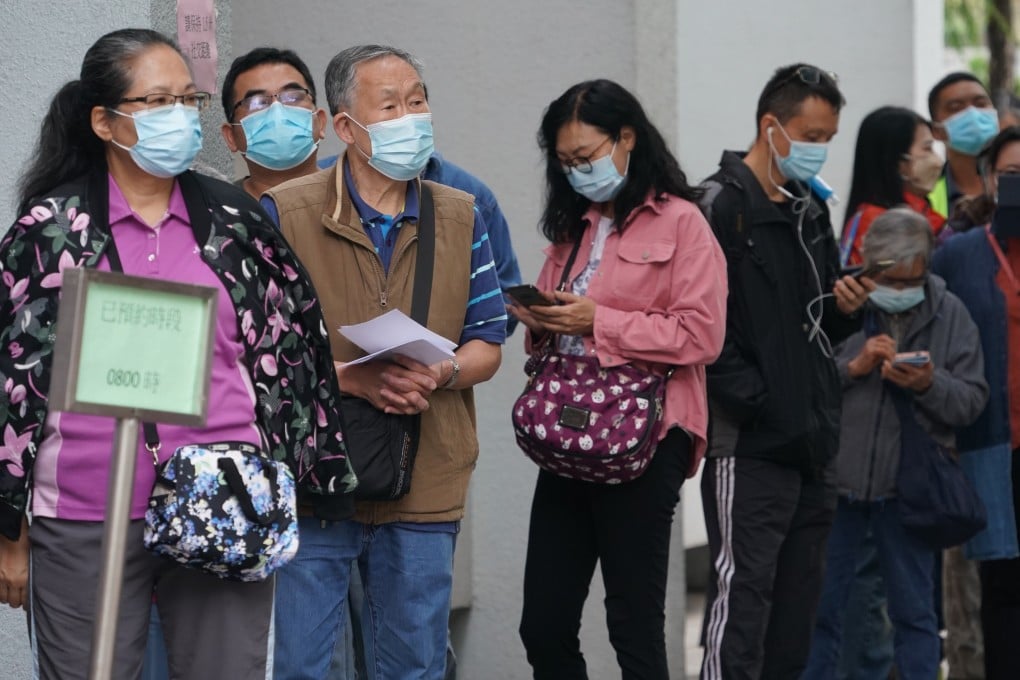Advertisement
Hong Kong coronavirus: Pfizer-BioNTech vaccinations to resume on Monday, with new bookings for those who missed jabs
- Those scheduled for April 5 and beyond will retain original appointments, while new booking times for residents who lost their slots can be adjusted online
- City records 13 infections on Thursday – all but two imported – though both local cases come from unknown sources
Reading Time:4 minutes
Why you can trust SCMP
99+

Key points:
– BioNTech vaccinations will resume on Monday, April 5
– Residents who have booking on April 5 or after will retain their previously scheduled appointment
Advertisement
– Those whose first shot was cancelled during the March 24-April 4 halt will be allocated a new time slot that can be changed via the online booking system
– Residents who had their second shot cancelled during that period will be assigned slots between April 5 and 10, though they can also be rescheduled if necessary
Advertisement
– Hongkongers in Britain, Ireland, South Africa or Brazil can take a designated flight departing from London on April 21 and 28
Advertisement
Select Voice
Select Speed
1.00x